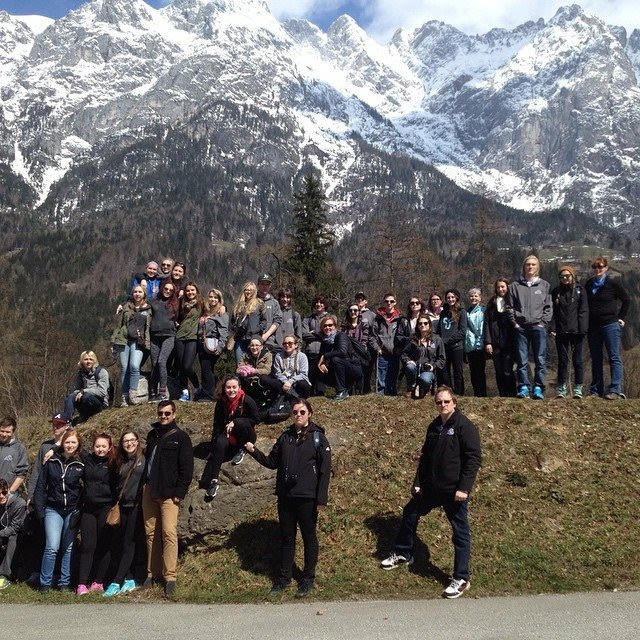Geography
Why take Geography?
Geography is an important area of study to understand the world, its processes and patterns, and major issues. Many employers today are looking for people with knowledge of the larger world system and with the transferable geotechnology skills learned in this subject. Students who take geography develop critical thinking skills, research skills, communication skills, and learn to appreciate the Earth’s systems and resources. We have also participated in several trips to Europe in the past.
Course Descriptions
*New September 2024 – CGC1W – Exploring Canadian Geography – This course builds on learning in Grades 7 and 8 in geography. Students will explore relationships within and between Canada’s natural and human systems and how they interconnect with other parts of the world. Students will also examine environmental and economic issues, and their impact related to topics such as natural resources and industries, careers, land use and responsible development, and sustainability. In addition, students will understand the connections that diverse communities and individuals have with the physical environment and each other throughout Canada, including First nations, Metis, and Inuit perspectives.
CGG3O – Travel and Tourism: A Geographic Perspective – This course focuses on issues related to travel and tourism within and between various regions of the world. Students will investigate unique environmental, socialcultural, economic, and political characteristics of selected world regions. They will explore travel patterns and trends, as well as tensions related to tourism, and will predict future tourism destinations. Students will apply the concepts of geographic thinking and the geographic inquiry process, including spatial technologies, to investigate the impact of the travel industry on natural environments and human communities.
CGF3M – Forces of Nature Physical Processes and Disasters – This course examines Earth’s physical patterns and processes and how they create natural disasters and can contribute to human disasters. Students will explore how physical processes related to Earth’s water, land, and air, as well as interactions between these systems, can affect the planet and its people. Students will apply the concepts of geographic thinking and the geographic inquiry process, including spatial technologies to investigate Earth’s natural processes, to make predictions related to natural disasters, and to create plans to prepare for and or respond to them. this course will be offered every other year, alternating with CGG3O.
CGW4C/U- Word Issues: A Geographic Analysis – This course is a mix of geography and politics, know as “geopolitics”. It examines some of the most important and interesting problems in the world today, from population, to global warming, to terrorism. Major units of study are globalization, population issues, economic and food security in the world, environmental issues, and world conflicts.
CGR4M- The Environment and Resource Management – Do you care about the environment? This course looks at the most important environmental issues occurring today. This course also explores ways of developing a more sustainable relationship with the environment and students will learn how to lessen their ecological footprint.

